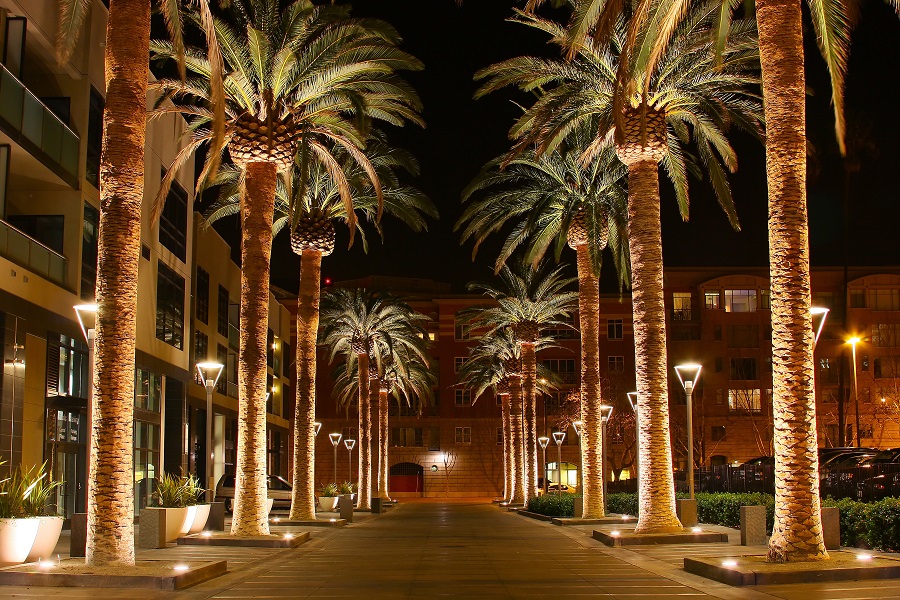- Joined
- Apr 28, 2015
- Messages
- 98,583
- Reaction score
- 87,577
- Location
- Third Coast
- Gender
- Male
- Political Leaning
- Liberal
CNN Article:
(CNN) A $1 million starter home is now the norm in more than 200 US cities
Zillow Source:

 www.zillow.com
www.zillow.com
--
CNN Excerpt:
--
Zillow Excerpt:
Commentary:
IMHO $1M is a lot of coin for an entry-level house. But it would seem the given localities provide income opportunities commensurate with the housing prices.
Some of us keep asking ourselves,
"How much higher can these areas' housing & cost-of-living continue to rise?"
(CNN) A $1 million starter home is now the norm in more than 200 US cities
Zillow Source:

A $1 Million Starter Home is the Norm in 237 Cities
In more than 200 U.S. cities, buyers will find a price tag of $1 million or more on the typical starter home. A housing shortage that worsened over the
--
CNN Excerpt:
CNN —
The number of US cities where first-time homebuyers are faced with at least a $1 million price tag on the average entry-level home has nearly tripled in the past five years, according to new research.
--
Zillow Excerpt:
Among metropolitan areas, the New York City metro, which includes parts of New Jersey and Pennsylvania, has the most cities with million-dollar starter homes at 48. The San Francisco metro has the next highest count at 44, then Los Angeles (35), San Jose (15), and Miami and Seattle, each with eight. Irvine, with a population of more than 300,000, is the biggest city with $1 million starter homes.
Commentary:
IMHO $1M is a lot of coin for an entry-level house. But it would seem the given localities provide income opportunities commensurate with the housing prices.
Some of us keep asking ourselves,
"How much higher can these areas' housing & cost-of-living continue to rise?"
Last edited:
